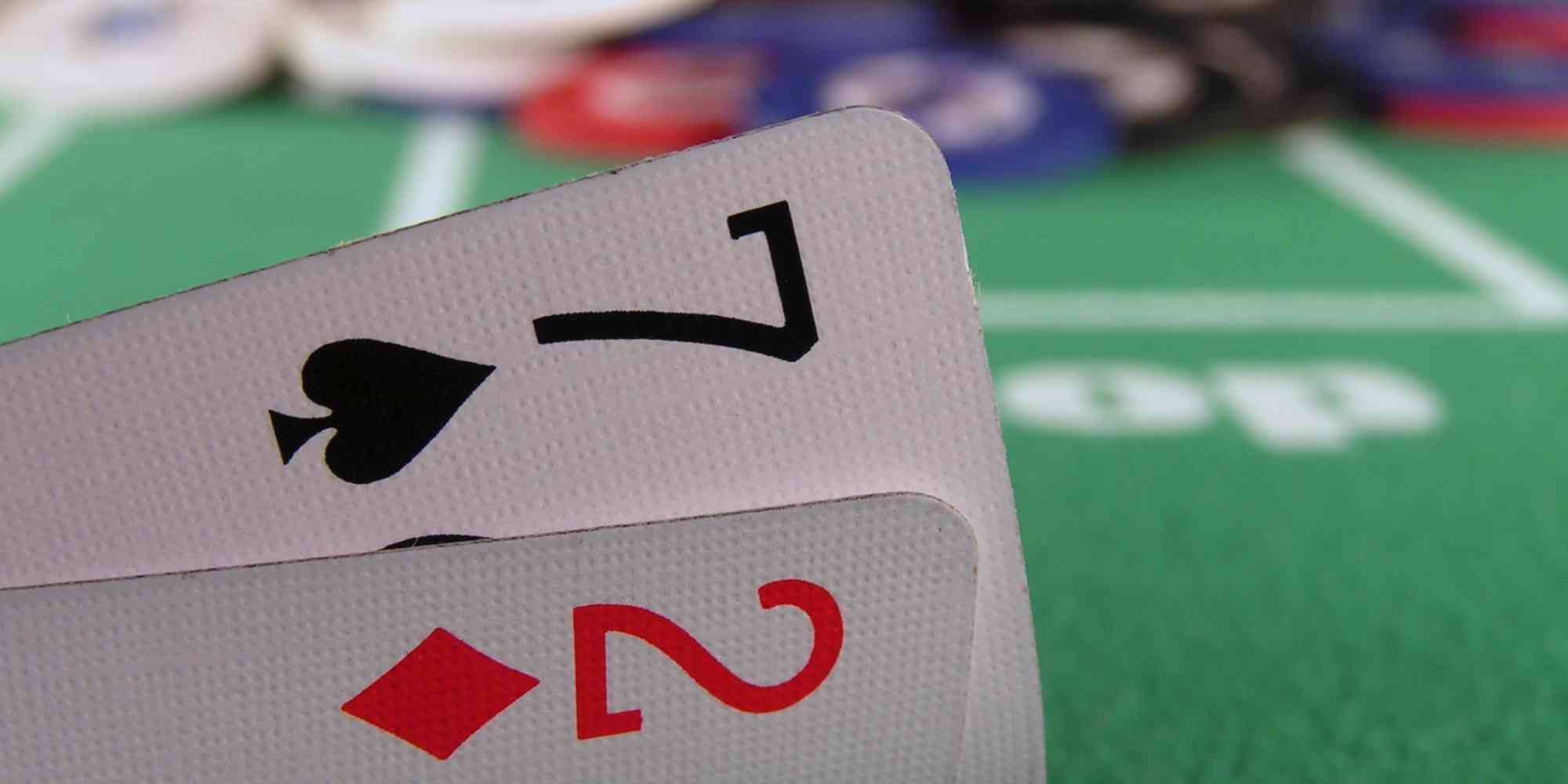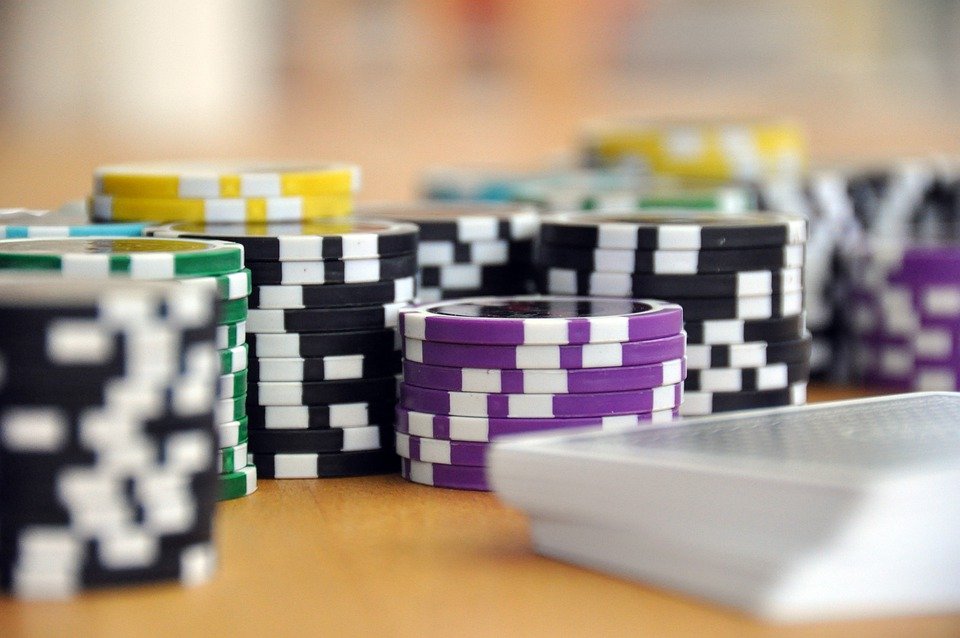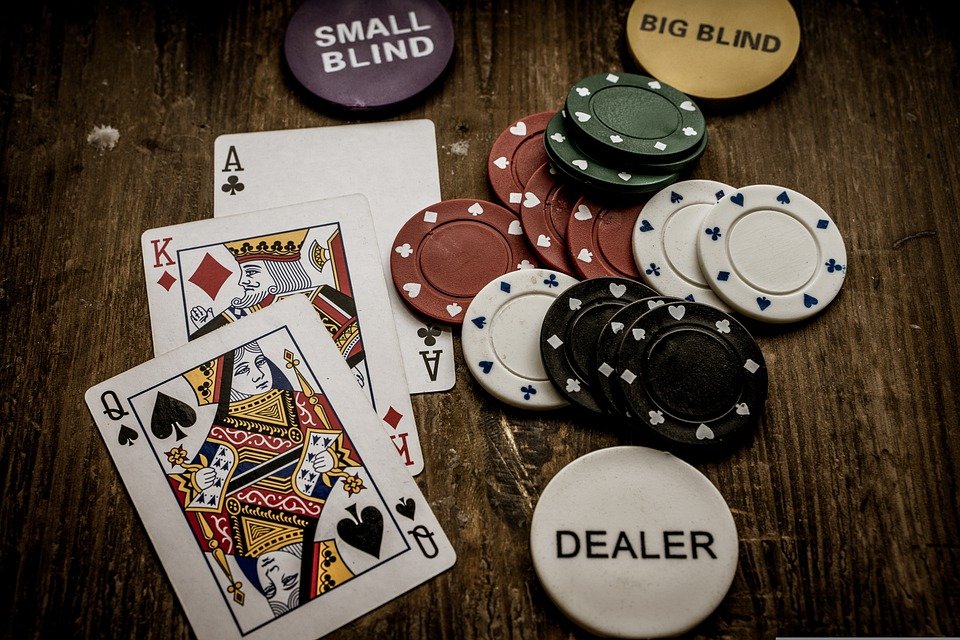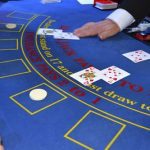
Poker is a highly competitive game, with high-stakes cash games and million-dollar tournaments all over the world. Poker is also more skill-based than luck-based, as there are plenty of ways to offset your short-term luck and make a long-term income. These qualities make poker an incredibly lucrative profession. The top poker players have fame, money, and the respect of those in the poker community. If you want to get better at poker and maybe even become a pro one day, you should focus on improving your strategy.
Poker strategy is a broad term. The two main parts are math and player analysis. These two should be the basis of every play you make and are often used together. One of the most significant examples of this is bluffing. Bluffing is when you pretend your hand is more potent than it is by raising and betting aggressively. Getting your opponents to fold gives you a second way to win the pot. Good bluffs require both a good read on your opponents and math. Understanding how your opponents play will help you know if they will likely call your bluffs or fold. Math also plays a part in bluffing, and this poker guide will focus on fold equity, a core concept of bluffing math.

Poker equity explained
To understand fold equity, you must first understand regular poker equity. Equity is a core concept in poker math. It is the amount of the pot you “own” based on your chances of winning at the showdown. If you estimate a 60% chance of winning with your hand, and the pot is $120, you have an equity of $72. Equity is useful for determining when you should value bet, as equity of over 50% means your hand is strong, and you will want maximum value.
Fold equity explained
While regular equity helps you know when to get value out of good hands, you can use fold equity to bluff with mediocre hands. Fold equity is the extra equity your hand gains when you think your opponent will fold. With every bet you make in poker, there is a chance your opponent may fold, and that will win you the pot outright. It can be applied at any stage of the game and is especially effective in No Limit Holdem since you can bet large to get your opponents to fold. Fold equity and hand equity work together, as if your bet gets called, you could still have hand equity to win at the showdown if you hit a draw.

What affects fold equity?
Like pot equity, fold equity depends on many factors and is always subject to change. Getting an exact value of fold equity is impossible, and you must estimate it instead. Some things that can affect your fold equity include:
Benefits of fold equity
Fold equity is helpful to understand because it acts as an alternative to pot equity. If your pot equity is low but you believe your fold equity is high, your bet may still be profitable. An excellent way to use your fold equity is with the risk/reward ratio. If your pot equity is zero, your fold equity needs to be larger than the risk/reward of your bet. The formula for risk/reward is: [(Bet Size / (Pot Size including your bet)] x 100. If you were to bet $75 into a $100 pot, the formula would look like (75 / 175) x 100, which is around 43%. You would need 43% fold equity for that bet to work repeatedly.
Fold equity example
Let’s say the board is a jack of clubs, a queen of clubs, and a three of hearts. You have a ten and eight of clubs, giving you a gutshot straight draw and a flush draw. Your opponent has a jack of hearts and queen of diamonds. While they currently have the more substantial hand, you have two strong potential draws. Using an equity calculator, you have around 43% equity while your opponent has approximately 57%. Semi-bluffing (bluffing while holding a drawing hand) is good here, as while your pot equity is lower, you could compensate by having fold equity about 14%. That is why fold equity is so significant, as it allows you to maximize your profit over time by playing even without premium hands.

How to get better at poker
We hope this article taught you a lot about fold equity and bluffing, and hopefully a bit of how to play poker in general. You need to apply these concepts you learned, and practicing is best on sites like GGPoker, the world’s largest poker room. That is because you get benefits like playing multiple games simultaneously and even a free poker tracker plus heads-up display. This software is crucial to analyzing your playstyle and allows you to analyze your opponents. Sign up at GGPoker today!
 Skip to content
Skip to content





